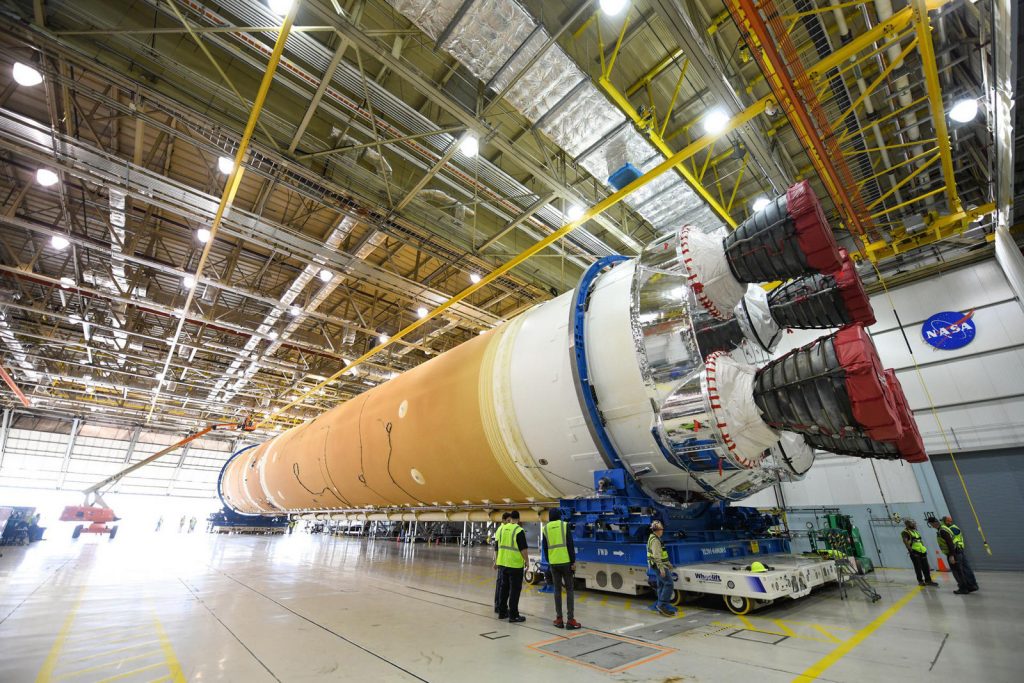
Habitats, robots and vehicles could get a boost through the competition.
NASA is enlisting whatever help it can get to make sure its crewed Moon and Mars missions go smoothly, and that might include help from schools. The agency is running a new round of its Moon to Mars Exploration Systems and Habitation Academic Innovation Challenge (M2M X-Hab if you want a much shorter name) that encourages university students to study and develop spacefaring tech. The challenge will reward work on habitation, vehicles, robotic advance missions, “foundational systems” (think autonomous mission tech and remote manufacturing) and human spaceflight architecture focused on the lunar Gateway.
The awards will be relatively modest at $15,000 to $50,000, but NASA stressed that this doesn’t necessarily involve tangible products. It can also involve research that fills “knowledge gaps” or reduces risks, for instance. Proposals are due by April 24th.
The competition may not lead to a major breakthrough in NASA’s Moon and Mars expeditions. However, competitions like this have developed inflatable airlock modules and other concepts that could play important roles. M2M X-Hab could let NASA focus on the broader problems involved with traveling to and surviving in places beyond Earth.


